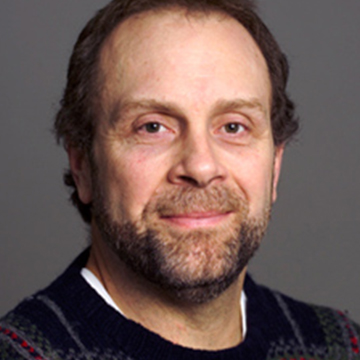A Match Made in Durango--Cornell and Fort Lewis College
Dream Big Way back around 1974 a talented high school football player in Durango, Colorado had a coach who convinced him to leave town and dream big. So instead of staying in the Four Corners region... Read more about A Match Made in Durango--Cornell and Fort Lewis College


